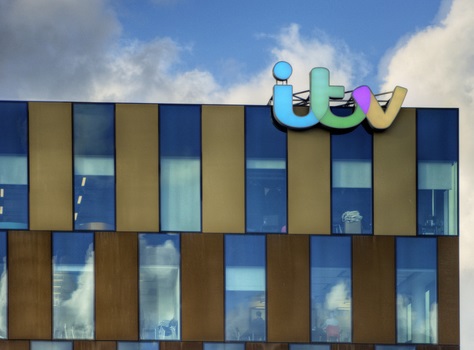Going old school: why new media’s rise is far from inevitable

Ian Whittaker is twice winner of the City A.M. Analyst of the Year, a long-standing Square Mile media analyst and founder of advisory firm Liberty Sky Advisors
The last 12 months has been a brutal one for many of the most high-profile names in the Media space. According to a recent FT piece, nearly $400bn in market capitalisation has been wiped off the largest US media stocks so far in 2022 with the biggest names seeing a 35% fall in their valuation, far exceeding the 13% fall in the S&P 500. Their forward Price / Earnings (PE) multiples have also fallen from an average of 49x at the end of last year to 13x. The largest falls has been seen by ‘stars’ such as Netflix and fellow streaming company Roku but more traditional names, especially those who focused their strategies around streaming, have also been badly hit, including the likes of Disney, Comcast and Warner Bros Discovery.
Valuations of course are not just a reflection on the present but also the expectations of the future (which is why so many Tech names trade at seemingly crazy multiples). It is that loss of confidence in the future (together with rising interest rates) that has led to this rout. Investors and analysts are now asking more probing questions of business models that they once were willing to accept without question as destined for growth.
Ironically, given the stock markets are one of the most capitalist institutions out there, there was an almost Marxist-style messaging to the pushing of these names, that their success was predetermined and that to proclaim otherwise was to be on the wrong side of history. That was particularly the case with Tech. Yet the recent mixed results from the likes of Meta and Snap (never mind Twitter), together with poorly received guidance, have led to a fierce debate over whether their slowdown is due more to macroeconomic factors, namely a slowdown in advertising, or something more structural.
Their defenders claim the former and that this is temporary before the inevitable march to dominance continues. Yet the macroeconomic message is one that has been stuck on repeat for several quarters now and is at odds with all the major global advertising agency groups upgrading their full year guidance.
This links back into another key point. The ‘traditional’ media names have been – more quietly – demonstrating their resilience. As mentioned above, the major agency groups have all upgraded their top-line guidance for the second quarter in a row. The return of live events boosted the results of professional services groups RELX and Informa. For ITV, its first nine months advertising revenues are expected to be 8% up against 2019. Meanwhile, the market leaders in the online classifieds space, such as Rightmove and Autotrader continue to post strong results.
That is not to say that we are about to see a swing back in investor sentiment for many traditional names, although the likes of RELX and the online classified market leaders remain highly valued. There are still too many lingering doubts in the minds of investors, especially as many of the names above depend on advertising revenues which are vulnerable in an economic downturn. Nor has there been a complete switch out of the names mentioned in the first paragraph. Disney, for example, still trades at 49x earnings, a heady multiple although one down from the 100+ multiple it was trading on last year.
Yet what the past 12 months has shown is that, when it comes to Media and Tech, things are not black and white but more shades of grey. Some of the highest profile names have become high profile casualties while many of the overlooked stocks have slowly but surely reshaped their business models and are far more resilient businesses than the market gives them credit for. As any fashionista will tell you though, old skool eventually comes back into fashion.